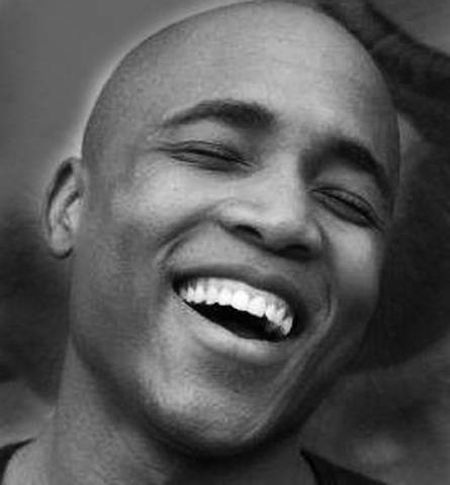Following Charlie Kirk’s murder, many of us were asked: “Do you believe he deserved to be shot?” The reason we shouldn’t dignify that question with an answer is that it plays into the belief that you can have gun reform for individuals who don’t deserve to be murdered without having it in policy for everyone. In countries where gun laws prevent deaths, the question doesn’t come up.
Prefacing responses to Kirk’s murder with the words, “he shouldn’t have had to die for his beliefs”, makes it sound like the drive for better gun laws in the US wasn’t based on that belief all along. It allows the other side to play dumb, to pretend that no solutions to gun violence have been successfully tested around the world.
Why does this matter to us South Africans? Some say we aren’t affected by American culture wars, though just the other month President Cyril Ramaphosa was getting grilled in the Oval Office by President Donald Trump.
It matters because South Africans do copy a lot of global programming in entertainment (we used to duplicate reality TV shows) and many of our discussions on transformation run parallel to American discussions on diversity, particularly through people like Elon Musk and Peter Thiel who use the way such policy discussions evolve in South Africa to influence policy in the US or vice versa.
At any rate, the calls to empathise with Kirk and his loved ones deliberately overlook the practical compassion implicit in gun access policy reform. It was Kirk who openly spurned empathy in life and accused gun shooting victims of emotionally hijacking the narrative.
The onus isn’t on gun reformists to say this shouldn’t have happened; it’s on those who’ve been advocating for the policies that made this possible to join those who advocate for policy that makes it less likely to happen.
Imagine if the man accused of shooting Kirk, Tyler Robinson, had enacted Kirk’s teachings on an innocent third party. Kirk himself made a calculated trade-off, much like the biblical figure Caiaphas, arguing that some gun deaths were an acceptable price for American gun access. To now claim his death is beyond the pale of that calculation is hypocrisy.
Those who see no connection between his words and the shooter’s actions are the reason debates on human rights never translate into policy that shapes action: they insist on disconnecting words from consequences.
What lesson is the call for empathy teaching? Think about this: conservatives hate participation trophies. They believe you win, lose, pass or fail based on performance – on merit.
We also raise kids to speak to – and of – others the way they want to be spoken to and of. When they don’t, consequences may include the iPad being put away.
Notwithstanding his ever-calm and gracious demeanour, Kirk spewed bigotry. This demand for posthumous empathy is the ultimate participation trophy, a reward for a lifetime of ideological performance that was, beneath the veneer of good manners and the pretext of debate, indecent and harmful.
As I’ve said elsewhere, perhaps Kirk couldn’t absorb the deeper lessons of kindness for reasons that went undiagnosed.
But what are we teaching children who can empathise when we reward Kirk’s ideological recklessness with empathy? We’re teaching that the rules of common decency are a platitude and reciprocality is optional. Some say, “I show grace because of who I am”, or, if they claim the Christianity that Kirk claimed, they’ll say they show grace because of “who Jesus is”.
But it’s only because someone else once had the spine to draw the line (or die!) that we have a civilisation where kindness can be treated like a personality flex.
Calls for empathy serve the same function as offering thoughts and prayers for gunned-down schoolchildren. It sidesteps the work of gun access reform. No one has politicised this death more than those we’re supposed to have sympathy for. With no evidence on who the shooter was, many of his supporters filled in the dots about who on the political left had done it; they were ready to fight.
Then Robinson was identified as a prime suspect, but he didn’t fit their expectations. Suddenly, they’re talking about grace and understanding. To engage them at the emotional level is to yield tremendous ground on the policy development side. The emotive side of the discussion is just a means to an end.
Here lies Charlie Kirk, and around him, the followers who cheered the very logic that got him killed. Supporting that position by quoting them isn’t stooping to their level; rewriting his story and engaging their calls to niceness would be stooping.
The correct question isn’t whether Kirk deserved to die; it’s what they’re willing to do now to prevent another death like it in the future. DM





